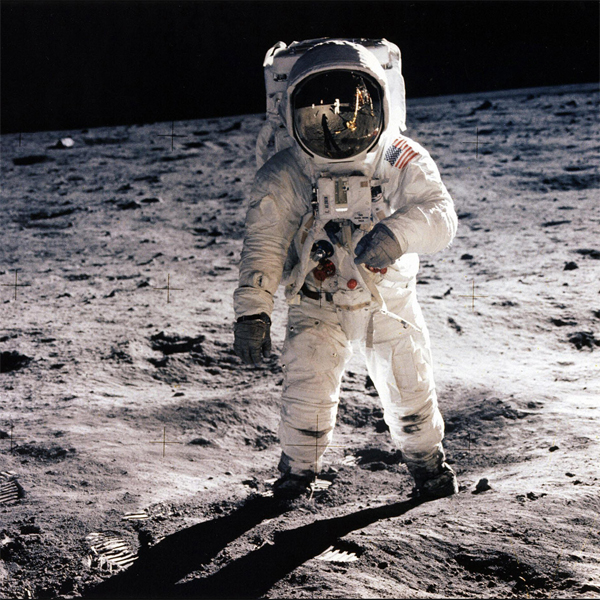
Armstrong walks on moon on July 20, 1969
Armstrong walks on moon: At 10:56 p.m. EDT, American astronaut Neil Armstrong, 240,000 miles from Earth, speaks these words to more than a billion people listening at home: “That’s one small step for man, one giant leap for mankind.” Stepping off the lunar landing module Eagle, Armstrong became the first human to walk on the surface of the moon.
The American effort to send astronauts to the moon has its origins in a famous appeal President John F. Kennedy made to a special joint session of Congress on May 25, 1961: “I believe this nation should commit itself to achieving the goal, before this decade is out, of landing a man on the moon and returning him safely to Earth.” At the time, the United States was still trailing the Soviet Union in space developments, and Cold War-era America welcomed Kennedy’s bold proposal.
In 1966, after five years of work by an international team of scientists and engineers, the National Aeronautics and Space Administration (NASA) conducted the first unmanned Apollo mission, testing the structural integrity of the proposed launch vehicle and spacecraft combination. Then, on January 27, 1967, tragedy struck at Kennedy Space Center in Cape Canaveral, Florida, when a fire broke out during a manned launch-pad test of the Apollo spacecraft and Saturn rocket. Three astronauts were killed in the fire.
Despite the setback, NASA and its thousands of employees forged ahead, and in October 1968, Apollo 7, the first manned Apollo mission, orbited Earth and successfully tested many of the sophisticated systems needed to conduct a moon journey and landing. In December of the same year, Apollo 8 took three astronauts to the dark side of the moon and back, and in March 1969 Apollo 9 tested the lunar module for the first time while in Earth orbit. Then in May, the three astronauts of Apollo 10 took the first complete Apollo spacecraft around the moon in a dry run for the scheduled July landing mission.
At 9:32 a.m. on July 16, with the world watching, Apollo 11 took off from Kennedy Space Center with astronauts Neil Armstrong, Edwin Aldrin Jr., and Michael Collins aboard. Armstrong, a 38-year-old civilian research pilot, was the commander of the mission. After traveling 240,000 miles in 76 hours, Apollo 11 entered into a lunar orbit on July 19. The next day, at 1:46 p.m., the lunar module Eagle, manned by Armstrong and Aldrin, separated from the command module, where Collins remained. Two hours later, the Eagle began its descent to the lunar surface, and at 4:18 p.m. the craft touched down on the southwestern edge of the Sea of Tranquility. Armstrong immediately radioed to Mission Control in Houston, Texas, a famous message: “The Eagle has landed.”
At 10:39 p.m., five hours ahead of the original schedule, Armstrong opened the hatch of the lunar module. As he made his way down the lunar module’s ladder, a television camera attached to the craft recorded his progress and beamed the signal back to Earth, where hundreds of millions watched in great anticipation. At 10:56 p.m., Armstrong spoke his famous quote, which he later contended was slightly garbled by his microphone and meant to be “that’s one small step for a man, one giant leap for mankind.” He then planted his left foot on the gray, powdery surface, took a cautious step forward, and humanity had walked on the moon.
“Buzz” Aldrin joined him on the moon’s surface at 11:11 p.m., and together they took photographs of the terrain, planted a U.S. flag, ran a few simple scientific tests, and spoke with President Richard M. Nixon via Houston. By 1:11 a.m. on July 21, both astronauts were back in the lunar module and the hatch was closed. The two men slept that night on the surface of the moon, and at 1:54 p.m. the Eagle began its ascent back to the command module. Among the items left on the surface of the moon was a plaque that read: “Here men from the planet Earth first set foot on the moon–July 1969 A.D – We came in peace for all mankind.”
At 5:35 p.m., Armstrong and Aldrin successfully docked and rejoined Collins, and at 12:56 a.m. on July 22 Apollo 11 began its journey home, safely splashing down in the Pacific Ocean at 12:51 p.m. on July 24.
There would be five more successful lunar landing missions, and one unplanned lunar swing-by, Apollo 13. The last men to walk on the moon, astronauts Eugene Cernan and Harrison Schmitt of the Apollo 17 mission, left the lunar surface on December 14, 1972. The Apollo program was a costly and labor intensive endeavor, involving an estimated 400,000 engineers, technicians, and scientists, and costing $24 billion (close to $100 billion in today’s dollars). The expense was justified by Kennedy’s 1961 mandate to beat the Soviets to the moon, and after the feat was accomplished ongoing missions lost their viability.
History Channel / Wikipedia / Encyclopedia Britannica / NASA / Space.com

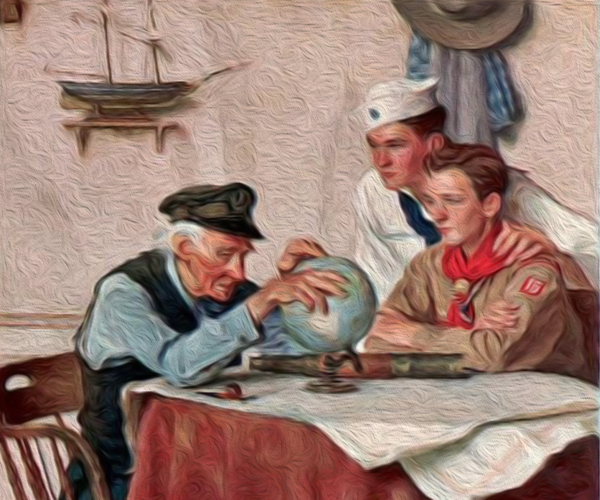
Understanding Military Terminology - Multinational Force
(DOD) A force composed of military elements of nations who have formed an alliance or coalition for some specific purpose. Also called MNF. See also: multinational force commander; multinational operations. Joint Publications JP 1 (Multinational Operations - Doctrine for the Armed Forces of the United States - Defense Technical Information)
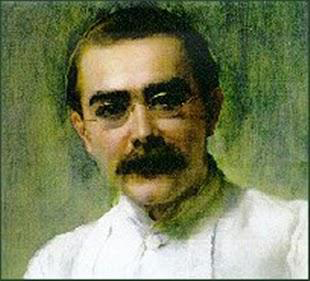
The Old Salt’s Corner
“Poor Honest Men” (continued)
“Twix” the Forties and Fifties,
South-eastward the drift is,
And so, when we think we are making Land's End
Alas, it is Ushant
With half the King's Navy
Blockading French ports against poor honest men!
But they may not quit station
(Which is our salvation)
So swiftly we stand to the Nor'ard again;
And finding the tail of
A homeward-bound convoy,
We slip past the Scillies like poor honest men.
W“Twix” the Lizard and Dover
We hand our stuff over,
Though I may not inform how we do it, nor when.
But a light on each quarter,
Low down on the water,
Is well understanded by poor honest men.
With no heart for fight,
We take refuge in flight,
But fire as we run, our retreat to defend;
Until our stern-chasers
Cut up her fore-braces,
And she flies off the wind from us poor honest men!
Even then we have dangers,
From meddlesome strangers,
Who spy on our business and are not content
To take a smooth answer,
Except with a handspike .
And they say they are murdered by poor honest men!
To be drowned or be shot
Is our natural lot,
Why should we, moreover, be hanged in the end
After all our great pains
For to dangle in chains
As though we were smugglers, not poor honest men?
~ Rudyard Kipling (Part II)
Full Poem

“I’m Just Sayin”
“Bad money drives good money out of circulation”, but more accurately “Bad money drives good money out of circulation if their exchange rate is set by law.”
~ Gresham's law

“Thought for the Day”
“Hate, it has caused a lot of problems in this world, but it has not solved one yet.”
~ Maya Angelou

“What I Have Learned”
“Moral courage is the most valuable and usually the most absent characteristic in men.”
~ George S. Patton

Bizarre News (we couldn’t make up stuff this good – real news story)
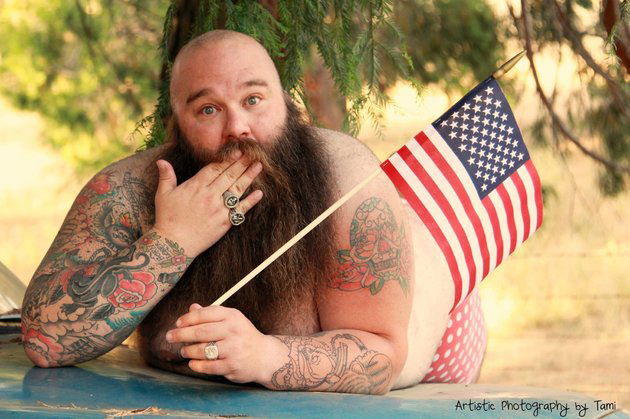
Last week, Joshua Varozza was just a humble bail bondsman in El Dorado County, California.
This week, he’s a viral star, based on the reaction to a series of “dudeoir” photographs taken by his friend, Tami Bears.
Ordinarily, Bears specializes in wedding photos and boudoir photography for women.
On Monday, she decided to apply the techniques she uses when taking boudoir photos of women to photos of men, specifically 32-year-old Varozza.
Huffington Post (06/17/2016)

Mr. Answer Man Please Tell Us: Why Do Birds Line Up On Telephone and Power Wires?
Birds are majestic creatures, blessed with the enviable ability to take flight. So why do they spend so much time lounging around on power or telephone wires?
Ken Picard of Vermont's Seven Days reached out to wildlife biologist Mark LaBarr for answers. LaBarr, who is a program manager at Audubon Vermont, says there are a couple reasons why telephone wires become avian hang-out spots. For falcons and other predatory birds, the wires offer obstruction-free viewing of the prey below. Tree branches, meanwhile, pack sightlines with thick foliage.
Some species also love to meet up on the wires before they embark on seasonal migrations. That's why during late summer and early fall you'll notice wires packed with birds—they're slowly preparing to take the long trip south together.
LaBarr says that many types of birds steer clear of high wires during breeding season because, as singles hitting the bar scene can attest, it's harder to find a mate when you're standing right next to your competition. However, the wires don't hurt every species of bird when it comes time to procreate. As Miyoko Chu, director of communications for the Cornell Laboratory of Ornithology, told The New York Times, “In spring, male songbirds may perch and sing on a wire, all the better to be seen and heard by potential mates.” Play to your strengths, in other words.
Engineering MIT.edu
• Mental Floss
• The New York Times
• Seven Days

Where Did That Saying Come From?
“A fool and his money are soon parted:” Meaning: Literal meaning.
Origin: This is quite an early proverb in the English language and, as such, might be thought to contain the wisdom of the ancients. The notion was known by the late 16th century, when it was expressed in rhyme by Thomas Tusser in Five Hundreth Pointes of Good Husbandrie, 1573:
“A foole & his money,
be soone at debate:
which after with sorow,
repents him to late.”
The precise wording of the expression comes just a little later, in Dr. John Bridges' Defence of the Government of the Church of England, 1587:
“If they pay a penie or two pence more for the reddinesse of them..let them
looke to that, a foole and his money is soone parted.”
Phrases.org.UK
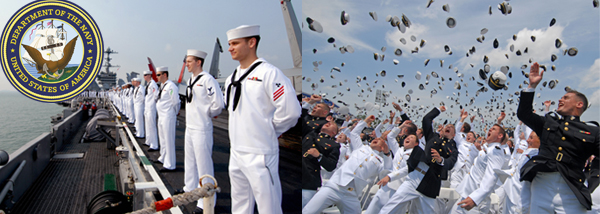
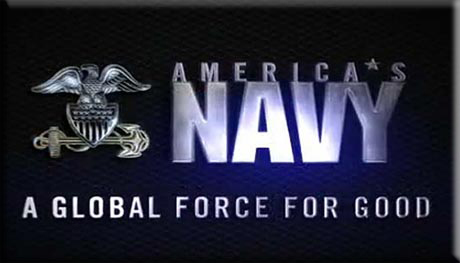
NAVSPEAK aka U.S. Navy Slang
Ladderwell: Stairs. (This is a holdover from when all climbing was done by ladders.)
Lady Lex: Either of the two aircraft carriers named “Lexington”.
LDO: Limited Duty Officer: generally a senior and highly qualified enlisted person (E6–E8) who has earned a commission through a competitive process and continues to work in their field. By definition a technical manager.
LDO Security Blanket: Good conduct ribbon. Even though an LDO can choose to wear only his/her top three ribbons, they never do; because they always have at least three higher than Good Conduct and they need to have that one on display lest they be mistaken for a real junior officer. LDOs need their Good Conduct ribbons every bit as much as Linus needs his security blanket.
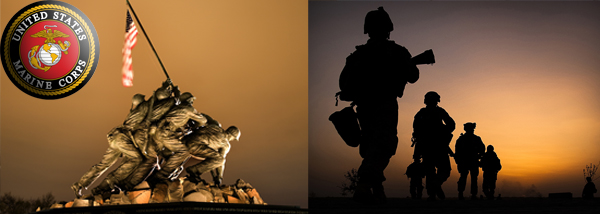
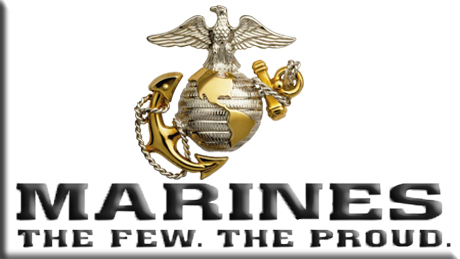
Just for you MARINE
Lost Lieutenant Finder: Hand-held GPS unit, a joke term on the reputation for new lieutenants to be incompetent in land navigation.
LPD: Abbreviation for Landing Platform/Dock, aka Amphibious transport dock.
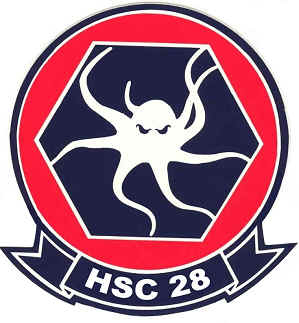
Naval Aviation Squadron Nicknames
HSC-28 - Helicopter Sea Combat Squadron TWENTY EIGHT: “Dragon Whales”
Naval Station Norfolk - Norfolk, Virginia
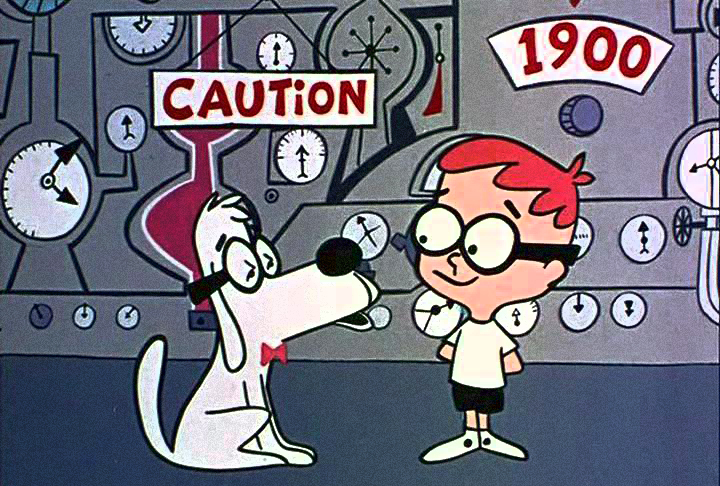
Science & Technology

The final picture show: Tim Peake's last images of our planet capture it bathed in mesmerising auroras
• NASA'sTheory may explain EmDrive that could take humans to Mars in 10 weeks
• cientists create new method of mining social media to anticipate ISIS' next move
• Antarctic records the highest level of CO2 in 400 million years
• The 19th century mathematical theory that explains why folding really is the perfect way to eat pizza
Daily Mail

The Strange, Mysterious or Downright Weird
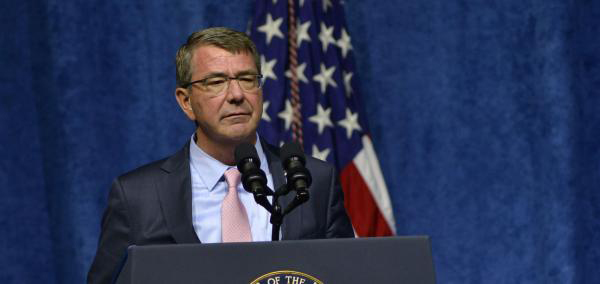
WASHINGTON, D.C. - An 18-year-old recent high school graduate was one of two people singled out by the Pentagon for hacking into its website and Defense Secretary Ashton Carter said he was thankful - to the hackers.
Carter met with the teen, David Dworken, and another hacker, Craig Arendt, the two who identified the highest number of potential vulnerabilities in several Defense Department websites, including its main one, www.defense.gov.
The hackers were participating in the Pentagon's first “bug bounty”, where it asked those with computer hacking capabilities to investigate five public websites and identify potential lapses in security where a nefarious hacker could do damage. If those participating identify a legitimate security breach, they earn a bounty.
The Pentagon said hiring a private firm to evaluate and fix potential security risks could have cost taxpayers more than $1 million, but by crowd-sourcing the work, it spent only $150,000 in bounty money, and to fix the security lapses combined.
UPI (United Press International) (06/18/2016)

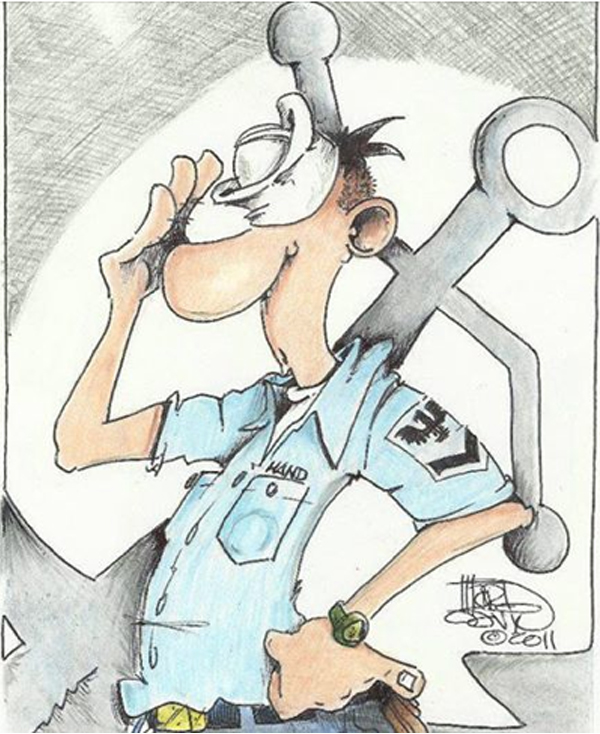
SONG FACTS
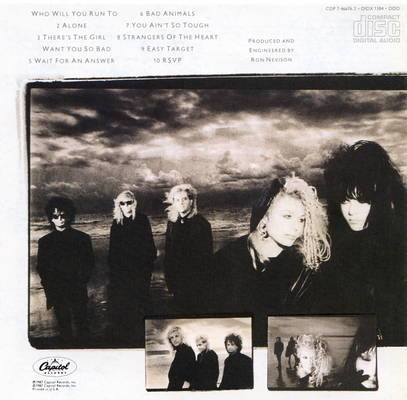
“Alone” - Heart
Album: Bad Animals
Released 1987 
This was written by Billy Steinberg and Tom Kelly. They are a very successful songwriting team who have written several other #1 hits, including “So Emotional”, “Like A Virgin” and “Eternal Flame”. Most of their songs start with a lyric Steinberg comes up with. Kelly writes most of the music and sings on the demos.
Steinberg: “The song 'Alone,' even though it was released after 'True Colors' and 'Like a Virgin,' it was written well before those songs. Tom Kelly and I were signed to Epic Records and we made one album under the name i-Ten. It was sort of made out to look like a group, but it was really just the two of us.”
“We made this album and it was co-produced by Keith Olsen and Steve Lukather. I wasn't really happy with the way it turned out, but it did have some good songs on it. One of the songs on it was 'Alone.' The album was titled Taking A Cold Look. It didn't do much although it has sort of a cult following in Europe.”
“The most prominent song on it was 'Alone.' Tom and I recorded it for that record and just sort of set it aside when that record didn't succeed. In fact, all the songs on that i-Ten record had a slightly unpleasant association to me because the whole recording process of making that record was very unpleasant to me.”
“"I just put those songs in a drawer and forgot about them, but then Tom and I were having a good deal of success with 'Like a Virgin' and 'True Colors' and then we heard that Heart was looking for a power ballad and Tom said, 'What about 'Alone'?' I winced and said, 'Oh, I don't really want to look at that song.' He said, 'What do you mean? That's perfect.'”
“We took the song out and sure enough it was relatively easy to do because we liked everything about the song except the first line of the chorus. The version on i-Ten, the lyric said, 'I always fared well on my own.' Both lyrically and melodically it felt very stiff and unappealing. So I did a minor change on the lyric and it said, 'Til now, I always got by on my own,' and Tom changed the melody and gave it much more movement and almost a slightly R&B feel on the first line of the chorus. That really lifted the chorus, and then all of the sudden I liked the song again.”
“We made a new demo of the song very quickly and presented it to Ron Nevison, who was producing Heart at that time. He loved it and they cut it.”
Steinberg and Kelly met the Wilson sisters for the first time when they were invited to the studio where this was being recorded. Kelly, who was an experienced session singer, ended up singing high harmony parts on the record. (Check out interview with Billy Steinberg.)
After their 1983 album Passionworks, Heart left Epic Records and signed with Capitol, where they had enormous success with soaring ballads like “What About Love”  and “These Dreams”
and “These Dreams”  .
The band wrote most of their early hits, which were rockers like “Barracuda”
.
The band wrote most of their early hits, which were rockers like “Barracuda”  and “Magic Man”
and “Magic Man”  , but starting with their 1985 album Heart, they got a lot of help from some top songwriters. In addition to Steinberg and Kelly, Heart recorded songs by Diane Warren, Bernie Taupin and Martin Page.
, but starting with their 1985 album Heart, they got a lot of help from some top songwriters. In addition to Steinberg and Kelly, Heart recorded songs by Diane Warren, Bernie Taupin and Martin Page.
This was the first Heart song that was a hit in England.
In 1991, the Wilson sisters became co-owners of a recording studio in Seattle that was named after this album. Soundgarden, REM, Nirvana, Neil Young, Johnny Cash and Pearl Jam all recorded there.
In 2004, when Carrie Underwood performed this on American Idol, judge Simon Cowell said, “Not only will you win this show, you will sell more records than any other previous Idol winner.” Underwood did win the competition.
Celine Dion recorded this for her 2007 album Taking Chances. Her version was produced by Ben Moody, a former member of Evanescence.
Heart official site / Rock and Roll Hall of Fame / All Music / Billboard / Song Facts / Rolling Stone Magazine / Wikipedia
Image: “Bad Animals (album)” by Heart
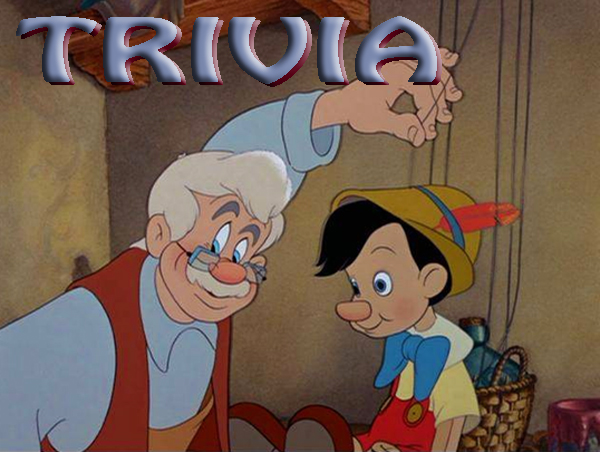
Trivia
● According to the children's story, Geppetto was the old man that carved the puppet Pinocchio.
● According to the Beatles, VERA, CHUCK AND DAVE were the names of the three grandchildren sitting on their knees in the song, “When I'm Sixty-Four”.
● Riddle: I'm not an airplane, but I fly through the sky. I'm not a river, but I'm full of water. What am I? A Cloud.

A Test for People Who Know Everything
On what two days or dates of the year are the day and night of approximately equal length, everywhere on earth?
● Answer for People Who Do Not Know Everything, or Want to Verify Their Answer Wikipedia
Answer to Last Week's Test
Name four baseball players whose faces have been displayed on U.S. postage stamps.
Answer: Cy Young, Ted Williams, Lou Gehrig, Babe Ruth... Stamps.org

Joke of the Day
There was a preacher who fell in the ocean and he couldn't swim. When a boat came by, the captain yelled, “Do you need help, sir?”
The preacher calmly said, “No, God will save me.”
A little later, another boat came by and a fisherman asked, “Hey, do you need help?”
The preacher again calmly replied, “No, God will save me.”
Eventually the preacher drowned & went to heaven. The preacher asked God, “Why didn't you save me?”
God replied, “I sent you two boats!”
Pun of the Day
After eating the ship, the sea monster needed an Alka-Seltzer. He said, “I can't believe I ate the hull thing.”


























